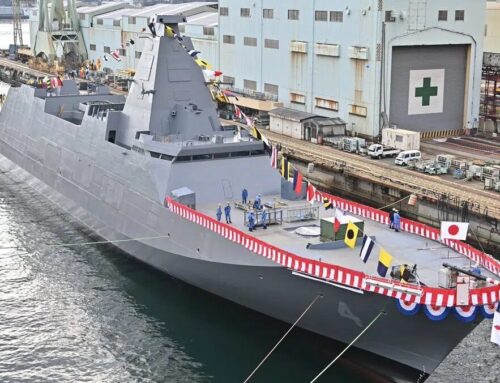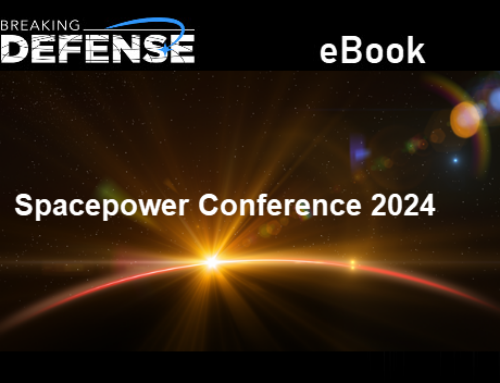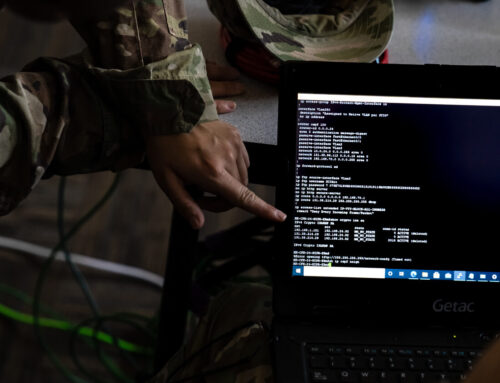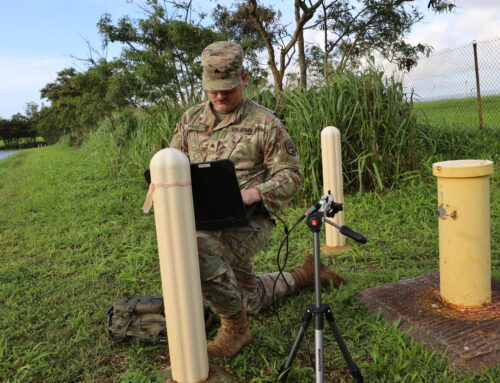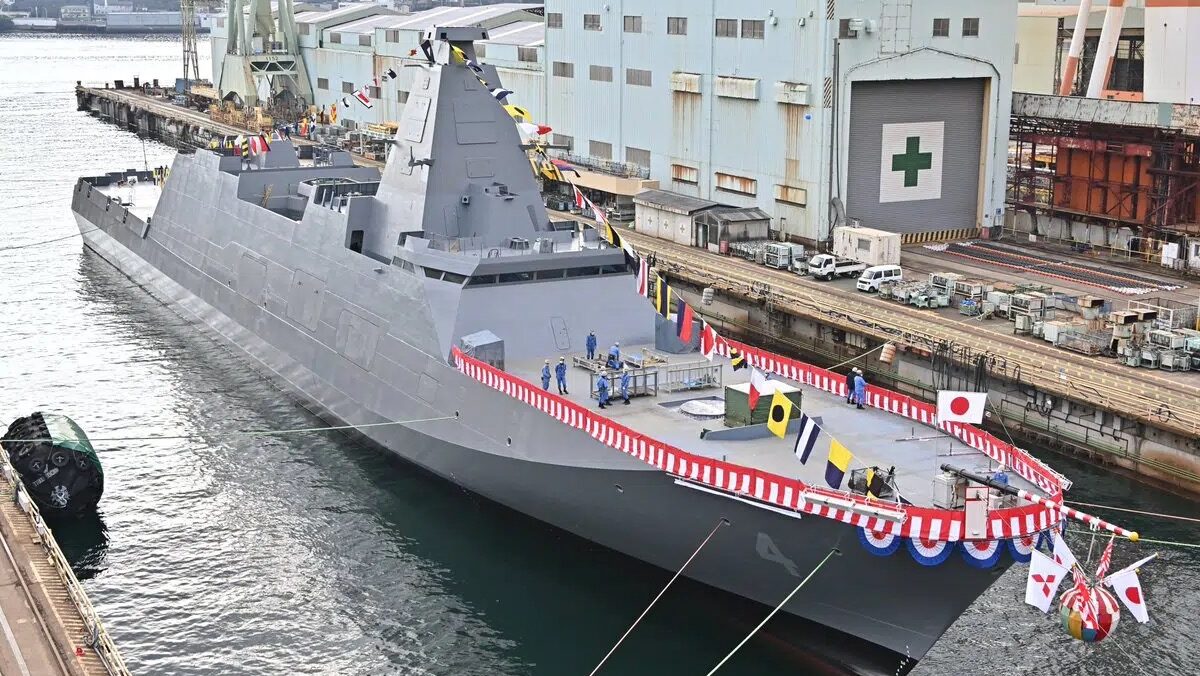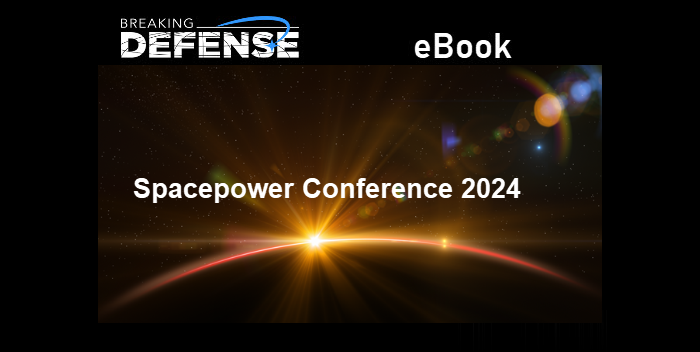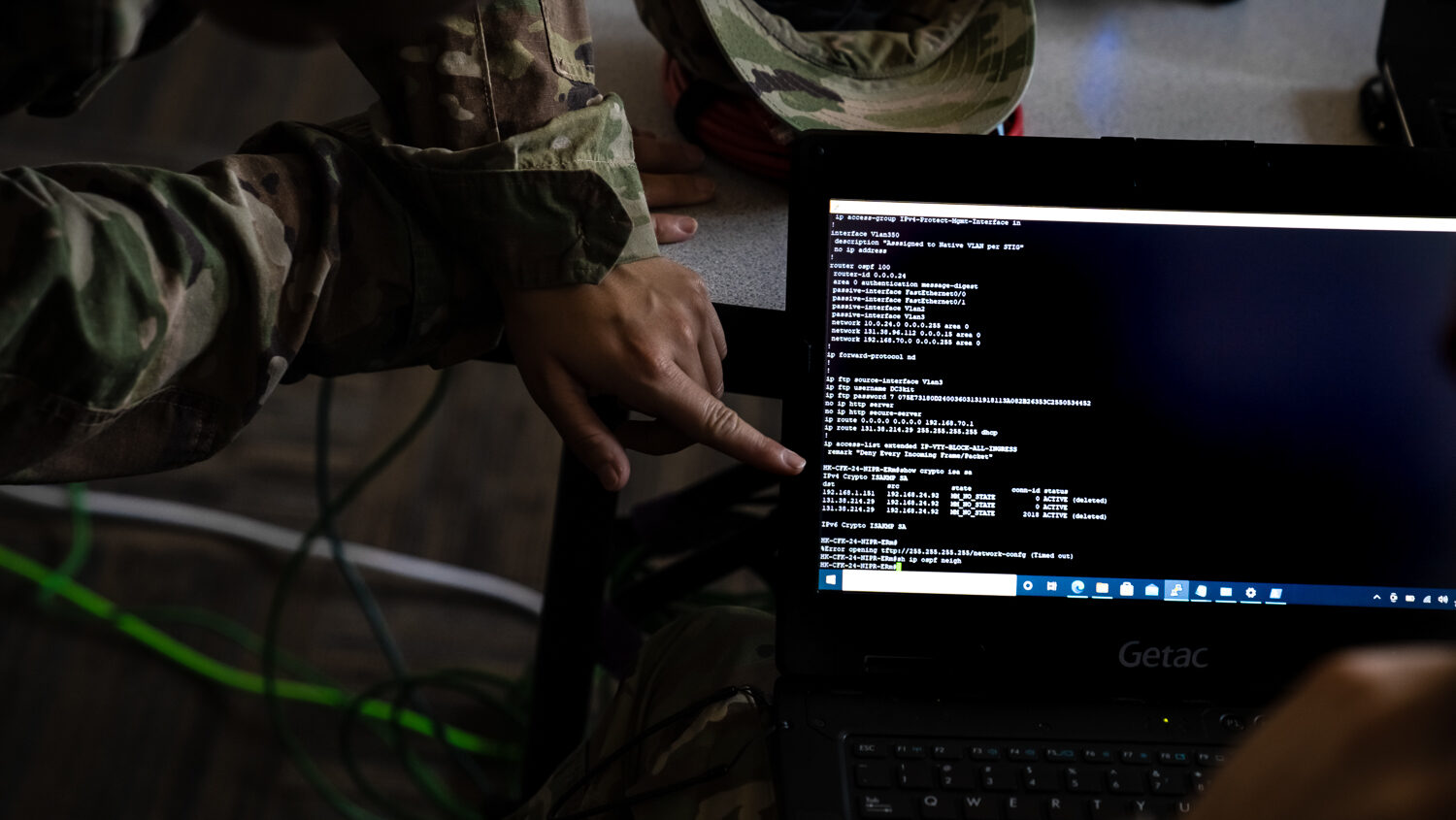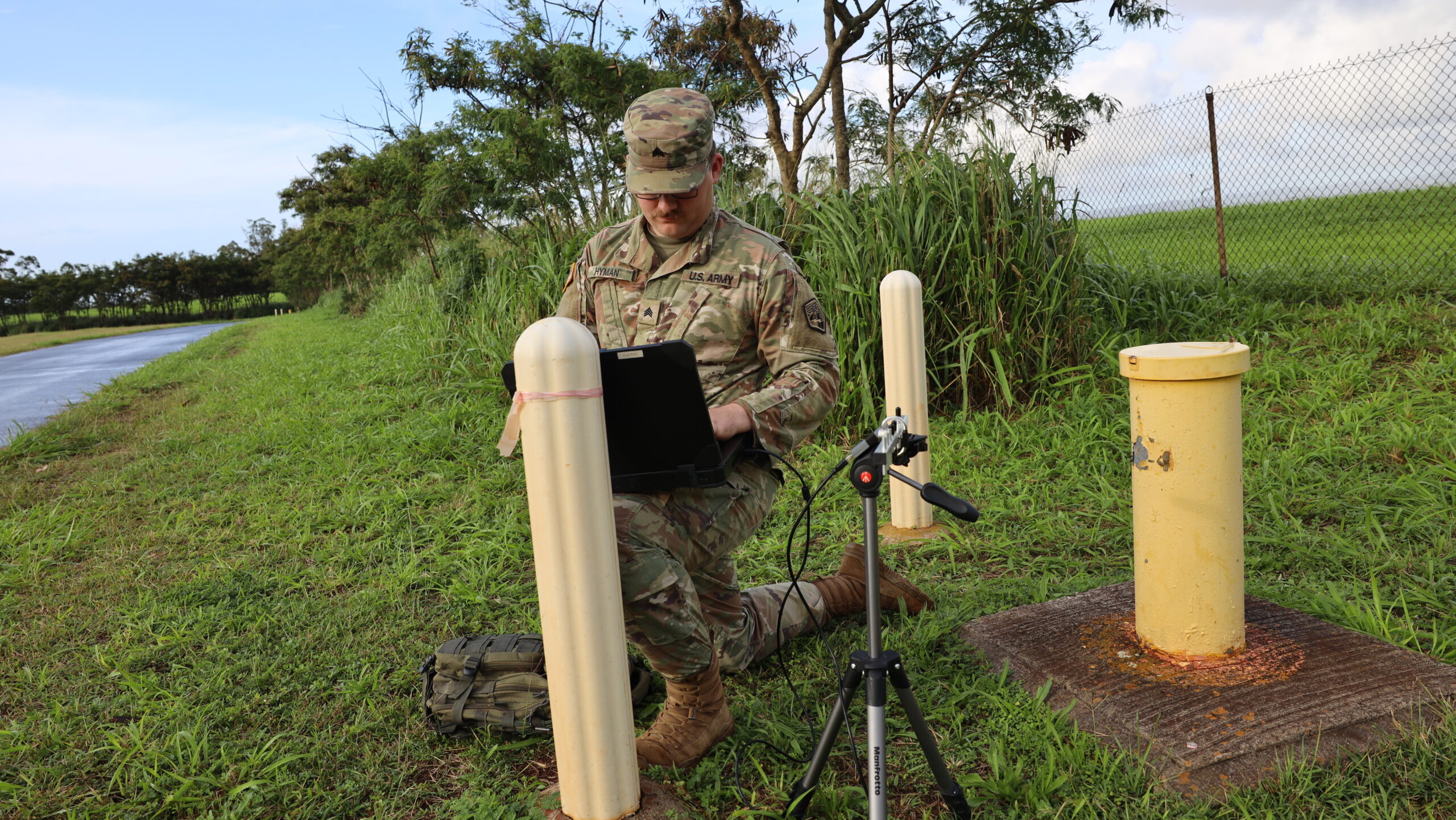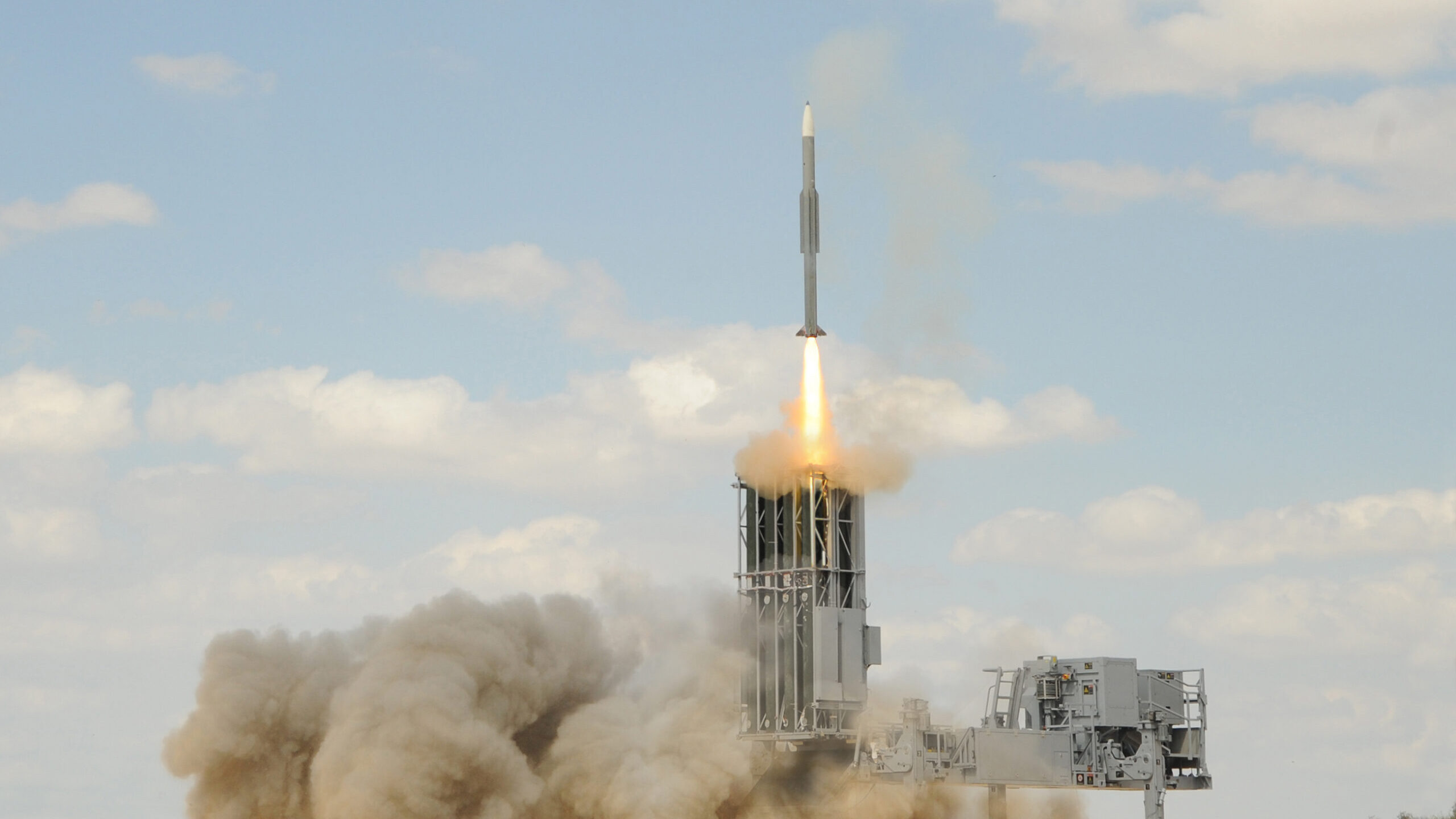Lt. Gen. Anthony Cotton, thenAir Force Global Strike Command deputy commander, converses with Airmen from Dyess Air Force Base, Texas regarding a B-1B Lancer at Barksdale Air Force Base, Louisiana, July 16, 2021. The B-1 was flown to Barksdale to be decommissioned and placed in Barksdale’s Air Power Museum as a static display in September 2021. (U.S. Air Force photo by Airman 1st Class Chase Sullivan)
DODIIS 2024 — US Strategic Command must update its nuclear command, control and communications (NC3) systems to become more resilient to adversaries, which includes implementing artificial intelligence and machine learning, STRATCOM’s chief said today.
NC3 systems “must be secure, and they must be redundant to function in both conventional conflict conflicts or nuclear ones,” Gen. Anthony Cotton, commander of STRATCOM, said during his keynote address at the Department of Defense Intelligence Information System conference here in Omaha. “Robust cybersecurity measures are critical to protect NC3 systems from adversary attacks or manipulation. Maintaining technological superiority in IT systems create uncertainty in the calculus of our adversaries. That enhances deterrence.”
“Advanced AI and robust data analytics capabilities provide decision advantage and improve our deterrence posture. IT and AI superiority allows for more effective integration of conventional and nuclear capabilities, strengthening deterrence. IT superiority is crucial in this new paradigm, enabling us to deter aggression across physical and virtual realms,” he added.
To be able to mobilize such AI and ML, STRATCOM must first work on centralizing its data, Cotton said. If data can be a “communal asset,” this will make it more possible to add AI and ML into the NC3 systems and allow warfighters and allies to share their information.
Data, he said, are “foundational for the AI application and research for STRATCOM. We must maintain the advantage over our adversaries by enabling faster and better decisions. Effective data management will help ensure we maintain decision advantage by enabling rapid and informed decision making across the enterprise. STRATCOM will transform to a data-centric organization that leverages high-quality data,” Cotton said.
However, STRATCOM still has “a long way to go” in centralizing its data, Cotton said, adding that his team is “hindered by disparate data formats and lengthy timelines.”
Though Cotton emphasized the strategic advantages that AI and ML will add to its NC3 systems, he said that a human must still be involved in the loop as this will “maximize the adoption of these capabilities and maintain our edge over our adversaries.”
He added later that the US’ adversaries are also making strides in AI and ML, which requires the US to have “constant vigilance and adaptation.” He assured the audience that the US is “ahead of” the adversary currently, but “we simply must maintain and expand that lead.”



